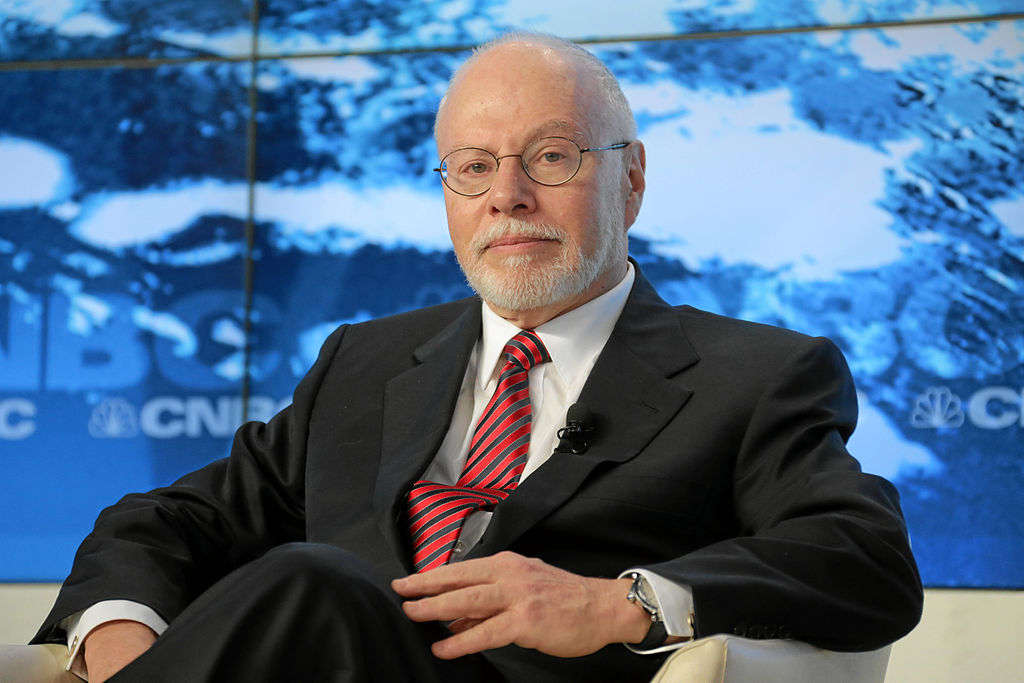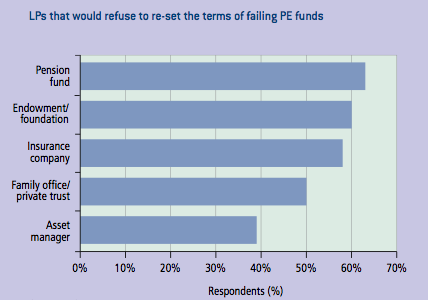
Paul Singer, a hedge fund manager, activist investor and billionaire, again questioned CalPERS’ decision to pull out of hedge funds at a conference Friday in New York. Heard by Businessweek:
Paul Singer, who runs hedge fund firm Elliott Management, said the decision by the California Public Employees’ Retirement System to stop investing with hedge funds was a mistake.
“Calpers is not too big to have a group of trading firms in their mix,” Singer said today at a conference in New York sponsored by the New York Times’ DealBook. “I think they are wrong to desert the asset class.”
The remarks were brief – but it’s not the first time he’s expressed the sentiment. Last month, he made similar statements in a letter to clients of his firm Elliott Management. Pension360 covered the remarks, which were originally reported by CNBC:
“We are certainly not in a position to be opining on the ‘asset class’ of hedge funds, or on any of the specific funds that were held or rejected by CalPERS, but we think the decision to abandon hedge funds altogether is off-base,” Singer wrote in a recent letter to clients of his $25.4 billion Elliott Management Corp.
[…]
On complexity, Singer wrote that it should be a positive.
“It is precisely complexity that provides the opportunity for certain managers to generate different patterns of returns than those available from securities, markets and styles that are accessible to anyone and everyone,” the letter said.
He went on:
“We also never understood the discussions framed around full transparency. While nobody wants to invest in a black box, Elliott (and other funds) trade positions that could be harmed by public knowledge of their size, short-term direction or even their identity.”
Singer also slammed CalPERs for its complaint about the relative high cost of hedge funds.
“We at Elliott do not understand manager selection criteria based on the level of fees rather than on the result that investors could reasonably expect after fees and expenses are taken into account,” he wrote.
The broader point Singer makes is on the enduring value of hedge funds to diversify a portfolio.
“Current bond prices seem to create a modest performance comparator for some well-managed hedge funds. Moreover, stocks are priced to be consistent with bond prices, and we have a hard time envisioning double-digit annual stock index gains in the next few years,” the letter said.
“Many hedge funds may have as much trouble in the next few years as institutional investors, but investors should be looking for the prospective survivors of the next rounds of real market turmoil.”
Photo by World Economic Forum via Wikimedia Commons









